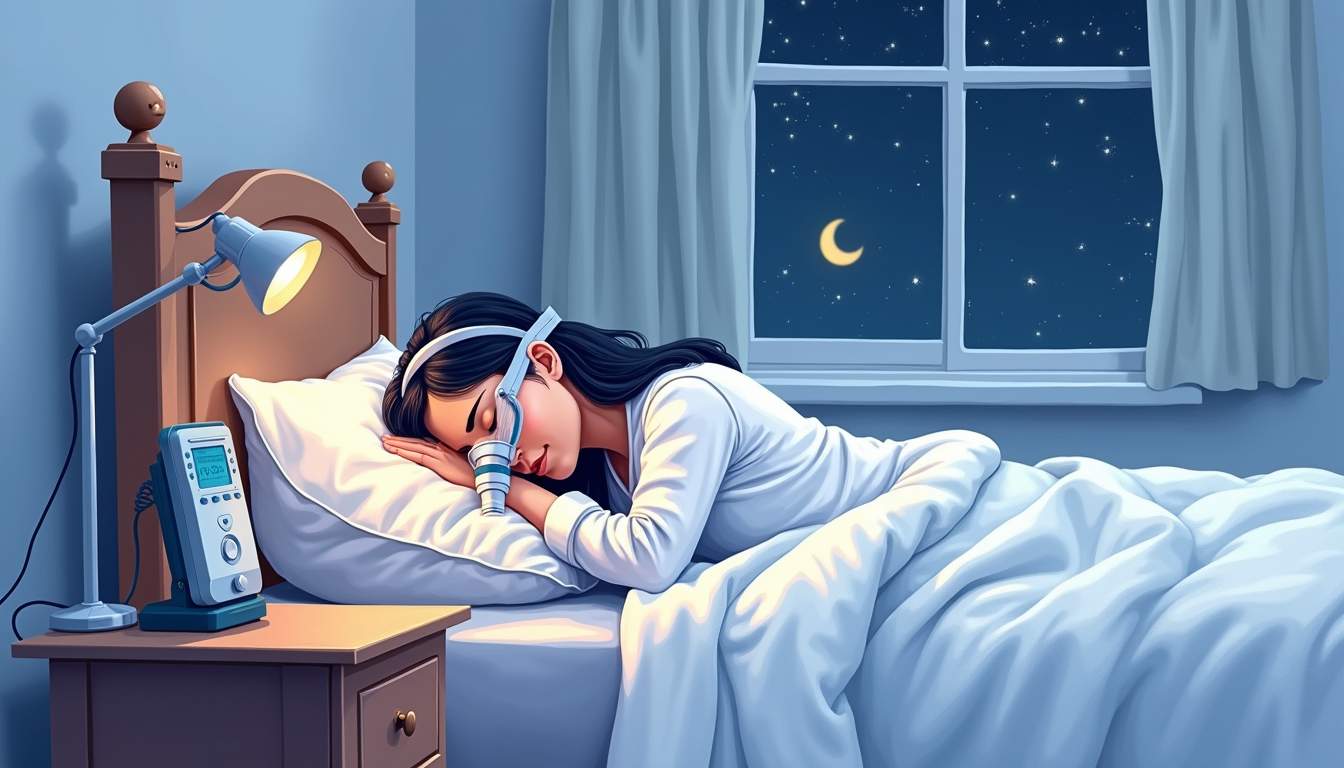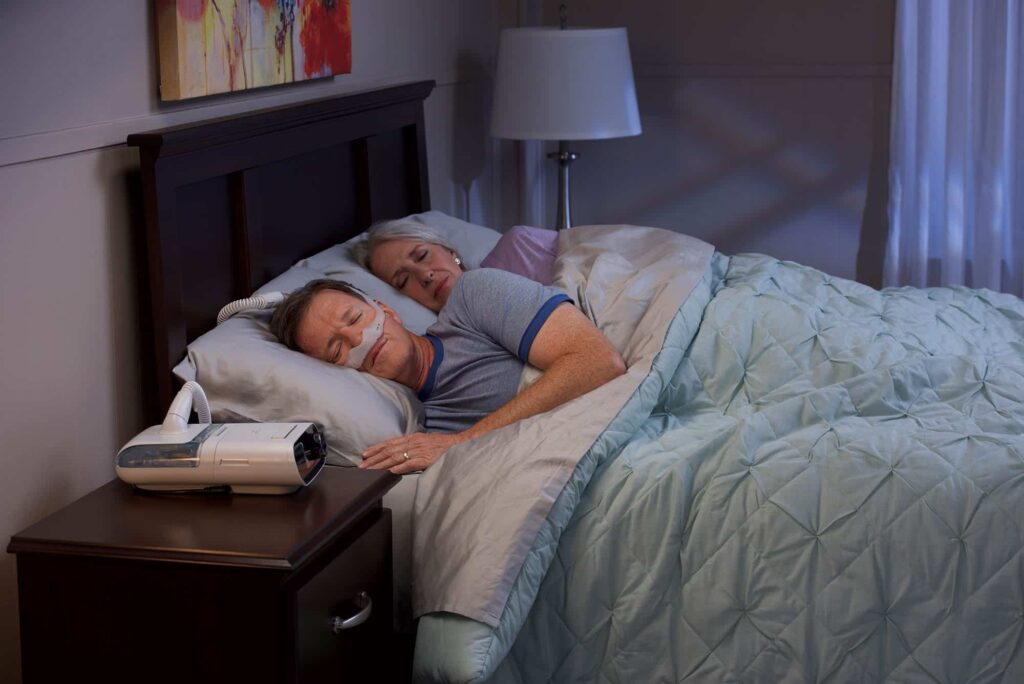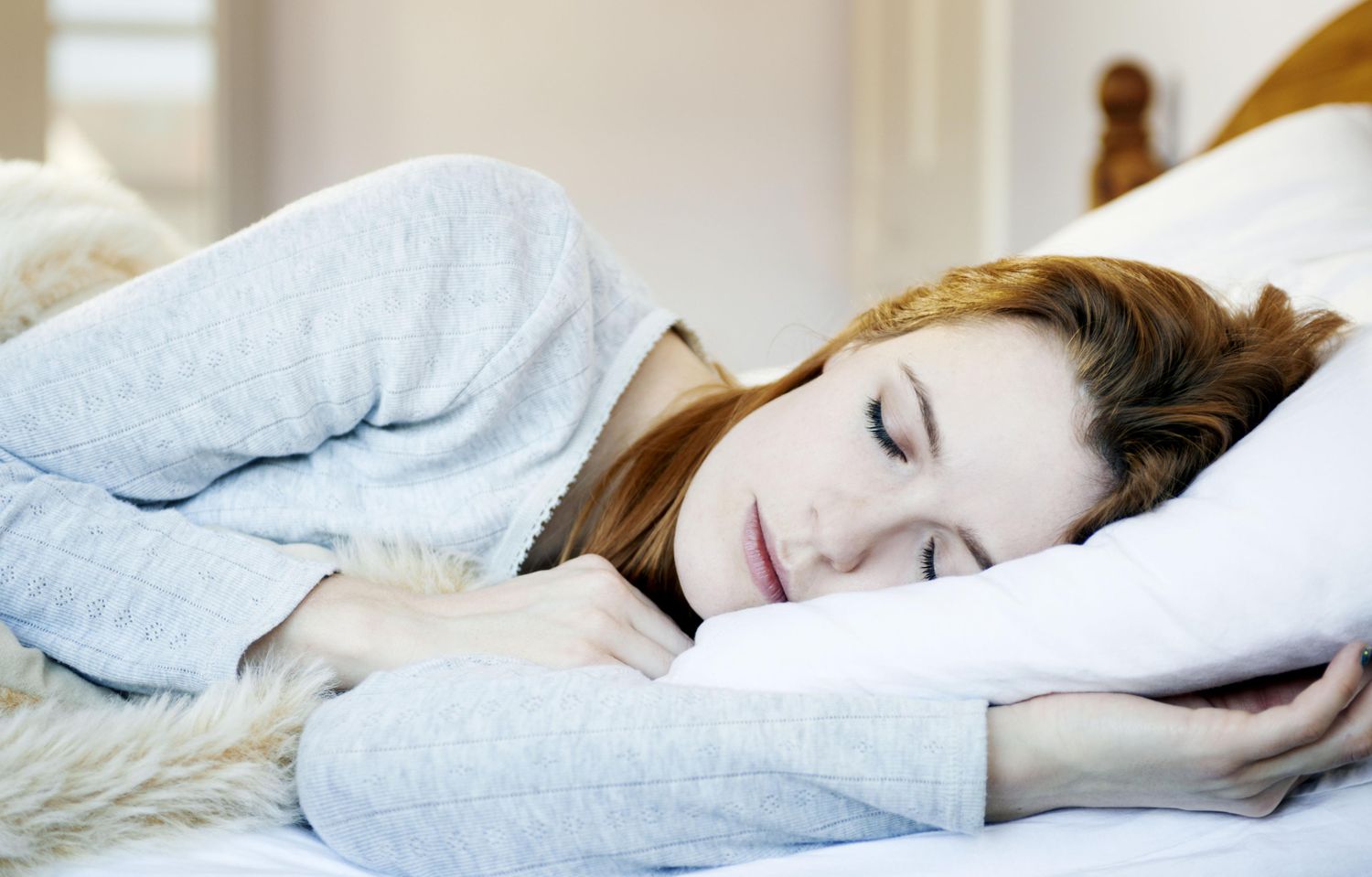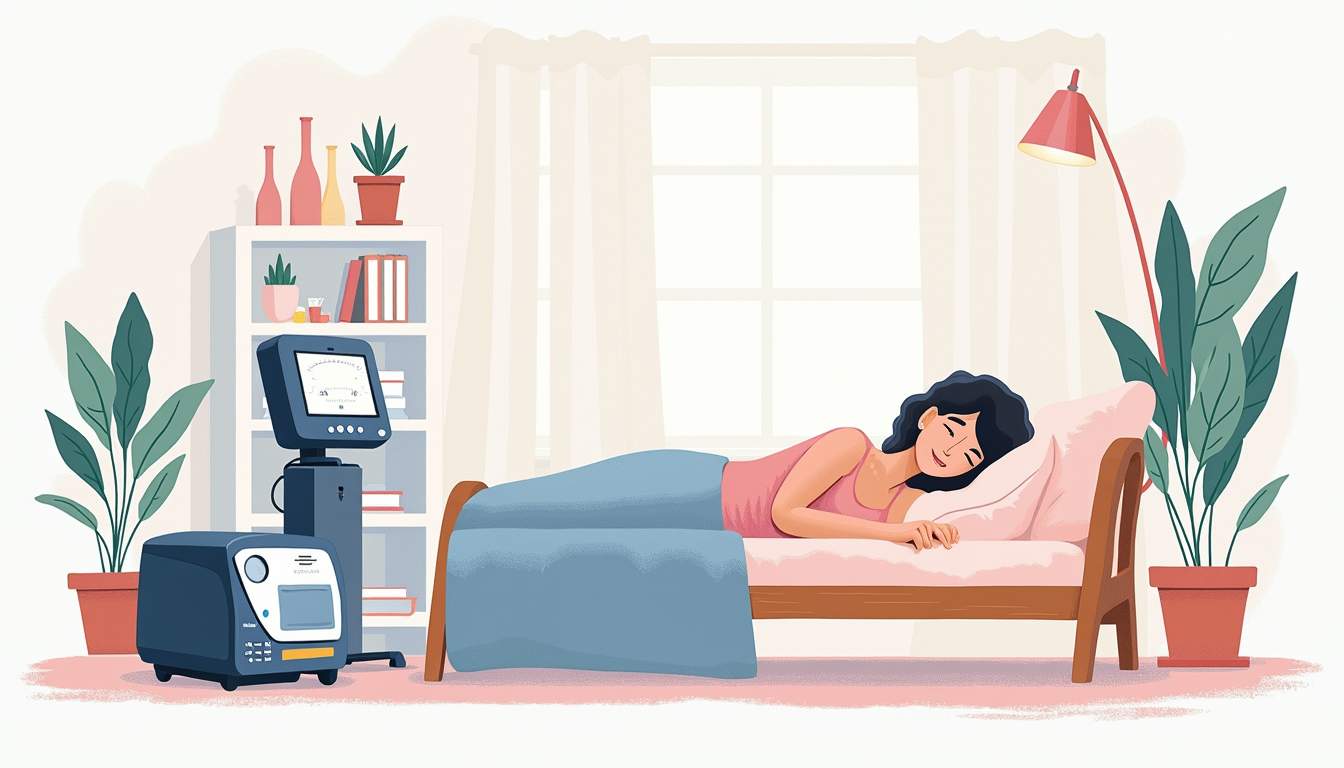How Much Does a Sleep Apnea Test Cost in Australia? A Complete Breakdown
Sleep apnea is a serious sleep disorder that affects many Australians. Getting tested for sleep apnea is crucial, not only to diagnose the condition but also to find the appropriate treatment. However, many people are unsure about the costs involved in testing. This article will provide a comprehensive breakdown of what you can expect in terms of expenses related to sleep apnea tests in Australia.
Understanding Sleep Apnea
To understand the costs associated with sleep apnea tests, it’s essential to first grasp what sleep apnea is. Sleep apnea involves repeated interruptions in breathing during sleep, leading to poor sleep quality and various health issues. It can affect anyone, but certain factors such as obesity, age, and family history can increase the likelihood of developing this condition.
Moreover, understanding the costs associated with sleep apnea test Australia is vital for informed decision-making and prioritizing health. By considering the varied aspects—symptoms, testing types, cost factors, and insurance—individuals can take meaningful steps toward better sleep and overall health. Engaging with support groups or online forums can also provide valuable insights into personal experiences with insurance claims and testing procedures, helping to demystify the process for those navigating their own healthcare journeys.

What is Sleep Apnea?
Sleep apnea is characterized by pauses in breathing or shallow breaths while sleeping. These episodes can last for a few seconds to minutes and may occur multiple times throughout the night. The most common type of sleep apnea is obstructive sleep apnea (OSA), which occurs when the throat muscles relax excessively during sleep, blocking the airway. Another type, central sleep apnea, is less common and occurs when the brain fails to send the appropriate signals to the muscles that control breathing. Complex sleep apnea syndrome, which is a combination of both obstructive and central sleep apnea, can also occur, complicating diagnosis and treatment.
Symptoms and Risks of Sleep Apnea
Common symptoms of sleep apnea include loud snoring, choking or gasping for air during sleep, excessive daytime sleepiness, and difficulty concentrating. The risks of untreated sleep apnea are significant—it can lead to serious conditions such as cardiovascular disease, diabetes, and high blood pressure. Additionally, sleep apnea can contribute to mood disorders like depression and anxiety, as the lack of restorative sleep affects emotional regulation. For these reasons, recognizing the symptoms and seeking a diagnosis is crucial. Many individuals may not even be aware they have sleep apnea, as the symptoms often occur during sleep and can be more apparent to bed partners than to the person experiencing them. This highlights the importance of open communication with loved ones regarding sleep habits and any observed irregularities.
The Importance of Sleep Apnea Testing
Getting tested for sleep apnea is essential for anyone experiencing symptoms. The testing process helps in forming an accurate diagnosis and determining the best course of treatment.
Why Should You Get Tested?
Testing for sleep apnea can lead to better sleep quality and improved overall health. Early diagnosis allows for timely intervention, which can mitigate the potential risks associated with the disorder. Additionally, being tested provides a clearer picture of one’s sleep health, which can benefit various aspects of life, from mental clarity to physical well-being. For instance, individuals who undergo testing often report enhanced energy levels during the day, which can lead to increased productivity and a more active lifestyle. Furthermore, understanding one’s sleep patterns can help in making informed decisions about lifestyle changes, such as weight management and exercise routines, which can further improve sleep quality. Learn more about productivity on https://www.bls.gov/k12/productivity-101/content/what-is-productivity/
The Consequences of Untreated Sleep Apnea
If sleep apnea goes untreated, it can result in long-term health complications. Individuals may experience chronic fatigue, mood swings, and impaired cognitive function. Furthermore, untreated sleep apnea increases the risk of severe health problems such as heart attack, stroke, and even early mortality. The importance of proper evaluation cannot be overstated. Beyond the physical health implications, untreated sleep apnea can also strain personal relationships and diminish quality of life. Partners of individuals with sleep apnea may suffer from disrupted sleep due to loud snoring or frequent awakenings, leading to frustration and tension in the relationship. Additionally, the emotional toll of living with untreated sleep apnea can manifest as anxiety or depression, further complicating an individual’s overall health and well-being.
Different Types of Sleep Apnea Tests
Various tests can be conducted to diagnose sleep apnea, and understanding these options can help you choose the best path for your health.
Home Sleep Tests
Home sleep tests are convenient and can often be completed in the comfort of your own home. Typically, a small device is provided that monitors your breathing patterns, heart rate, and oxygen levels while you sleep. While easier and often more affordable, these tests may not capture all forms of sleep apnea as comprehensively as in-lab tests. It’s important to note that home sleep tests are generally recommended for individuals who exhibit moderate to high risk for obstructive sleep apnea, as determined by a preliminary assessment. Additionally, the simplicity of these devices allows for a more natural sleep environment, which can lead to more accurate results for some patients.
However, patients should be aware of the limitations of home sleep tests. They often do not measure certain critical parameters, such as brain activity and leg movements, which can be essential for diagnosing complex sleep disorders. Furthermore, if the home test indicates potential sleep apnea, a follow-up in-lab test may still be necessary to confirm the diagnosis and rule out other sleep-related conditions. Therefore, while home sleep tests can be a great first step, they should ideally be part of a broader diagnostic approach.

In-Lab Sleep Tests
In-lab sleep tests, also known as polysomnography, are carried out in a sleep clinic and provide a more comprehensive analysis. This method involves monitoring brain waves, breathing, and body movements overnight. Though it can be more expensive and less comfortable than a home test, it produces more detailed results, ensuring a proper diagnosis and treatment plan. During the test, patients are connected to various sensors that track not only their sleep stages but also their oxygen saturation levels and any episodes of apnea or hypopnea, which are crucial for understanding the severity of the condition.
The environment of a sleep lab is designed to mimic a home setting as much as possible, with comfortable beds and soothing lighting to help patients relax. Technicians are present to monitor the data in real-time, allowing for immediate adjustments if necessary. This level of oversight can be particularly beneficial for individuals with complex medical histories or those who may have other sleep disorders, such as restless leg syndrome or narcolepsy. The comprehensive data collected from an in-lab test can lead to more tailored treatment options, including CPAP therapy or lifestyle changes, which can significantly improve a patient’s quality of life.
Cost Factors for Sleep Apnea Tests
Understanding the costs associated with sleep apnea tests is essential for managing your health and finances effectively.
The Role of Diagnostic Centers
The type of diagnostic center you choose can significantly impact the cost. Private clinics might charge higher rates for sleep studies due to additional features and services they offer, while public health facilities may provide services at lower costs, though the waiting periods might be longer. It is advisable to research local options and find a center that fits your budget and needs. Additionally, some diagnostic centers offer bundled packages that include both the sleep study and follow-up consultations, which can provide savings compared to paying for each service separately. Always inquire about any available discounts or payment plans that could ease the financial burden. To find more about diagnostic click here.
Equipment and Technology Used
The equipment used for sleep tests also influences the overall cost. Advanced technologies, such as high-resolution monitors and comprehensive sensor systems, can drive up prices. Factors such as the complexity of the test and required follow-up consultations also impact the final bill. Moreover, the type of sleep study—whether it’s an in-lab polysomnography or a home sleep apnea test—can lead to different pricing structures. In-lab tests typically involve more sophisticated equipment and a trained technician, which can increase costs, while home tests may be more affordable but could lack the depth of data collected in a clinical setting. It’s beneficial to weigh the pros and cons of each option based on your specific situation and insurance coverage.
Insurance and Sleep Apnea Tests
Understanding your insurance coverage for sleep apnea testing can alleviate some financial burdens and allow you to access necessary health services more easily.
Coverage by Private Health Insurance
Many private health insurance policies offer partial or full coverage for sleep apnea testing. It’s essential to review your policy details and confirm your coverage options before undergoing a test. Some insurers may require prior approval or specific documentation from your healthcare provider, so it’s wise to check all requirements beforehand. Additionally, it’s beneficial to reach out to your insurance provider directly to clarify any ambiguities regarding coverage limits, out-of-pocket expenses, and the types of tests that are included. Understanding the nuances of your policy can empower you to make informed choices about your healthcare.
Medicare and Sleep Apnea Tests
In Australia, Medicare covers certain sleep apnea tests under specific conditions. Patients over the age of 18 who display symptoms may be eligible for a Medicare rebate for both home and in-lab tests. As healthcare policies can frequently change, it’s essential to consult Medicare or your healthcare provider for the most current information regarding coverage. Furthermore, it’s worth noting that some patients might qualify for additional support services, such as follow-up consultations or treatment options, which can also be covered under Medicare. This comprehensive approach not only aids in diagnosis but also ensures that patients receive ongoing care tailored to their specific needs.



